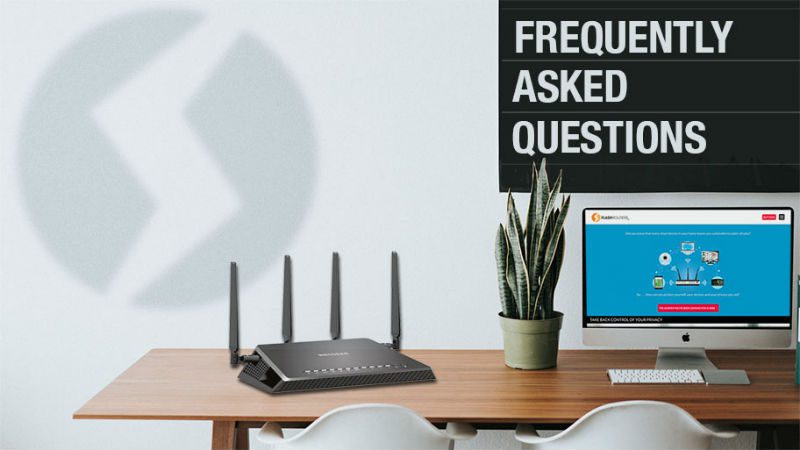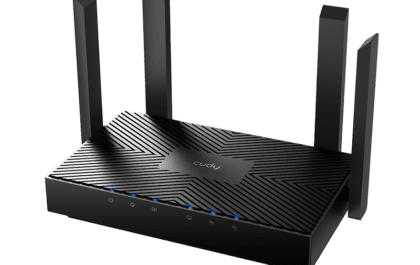What is a VPN Virtual Location & Which VPN Providers Use Them? (VPN FAQ)

This year, virtual locations made headlines and sparked controversy. VPN providers misrepresented VPN locations using virtual locations.
Virtual locations, or virtual servers, are VPN servers that are not at the location they claim to be. Although it may seem like it is in one location, it is really in a different one.
For example, you could be physically connected to Indonesia while your VPN server shows that you are connected to the UK.
What’s Wrong With Using Virtual Locations?
Using virtual locations is not necessarily a bad thing. Sometimes, virtual locations offer faster speeds than the physical location. Either way, your connection will appear from the same place.
The main issue with virtual locations stems from VPN services not disclosing that they use them. Some services will not tell customers which servers are virtual and which are physical.
Physical Servers Vs. Virtual Servers
Apart from the location of the server, there is nothing too different between using a virtual server and a physical server. Although there are very few differences, choosing between a physical and virtual server depends on your needs.
For customers not concerned about which country their data passes through or just want to unblock streaming services, both virtual and physical servers will work perfectly.
On the other hand, customers with oppressive governments, journalists in dangerous areas, and human rights campaigners may want to only utilize physical servers. Essentially, individuals dealing with privacy critical work should use physical servers. Individuals will know exactly which country their data is being routed through.
Which VPN Providers Use Virtual Locations?
Our friends at VPNCompare asked numerous VPN providers if they use virtual locations and why. Check out some of the responses below.
Does IPVanish Use A VPN Virtual Location?
“We don’t use virtual locations. All of our devices are where we say they are.”
Does Private Internet Access Use Virtual Locations?
“We do not use virtual locations. All of our servers are real and located where they claim to be”
Does NordVPN Use A VPN Virtual Location(s)?
“NordVPN does not use any Virtual Locations and all of our VPN servers are based in the exact locations as per our server list. In our opinion, having Virtual Locations lacks reliability security-wise and is unethical from our users stand point, as they trust us to route traffic through a server in a country they choose with a secure connection.”
Does ExpressVPN Use A VPN Virtual Location?
“Yes, as indicated on our server locations page, we use virtual server locations to help ensure connection quality for countries with infrastructure constraints.
ExpressVPN has rigorous standards for servers to ensure that users are able to connect securely, reliably, and at consistently fast speeds. In some countries, it can be difficult to find servers that meet these qualifications. Virtual server locations make it possible for users to connect to such countries, while still providing a quality connection.
Over 97% of ExpressVPN’s servers are physically located in the country matching the IP address, covering every continent but Antartica. Virtual server locations represent less than 3% of our server count.”
Using a VPN With A VPN Router
To get the most out of your VPN service and completely protect your network, a FlashRouter is recommended. These are some of the best!
NordLynx WiFi 6 Router – Privacy Hero

$249.99
- Perfect for Medium Homes
- Perfect for 20-30 Devices
AX3000 WiFi 6 VPN FlashRouter

$149.99
- Perfect for Medium Homes
- Perfect for 20-30 Devices
Asus RT-BE88U WiFi 7 Merlin FlashRouter

$599.99
- Upgraded with Custom Merlin Firmware.
- Next Gen WiFI 7 Update of Asus favorite model.
Whether you are using a virtual VPN server or a physical VPN server, a FlashRouter will ensure that your home network is fast and secure. Additionally, any device connected to the FlashRouter will be going through the VPN. This will occur whether or not the device has native VPN capability. Looking to secure your entire network with a VPN? A FlashRouter is for you.




